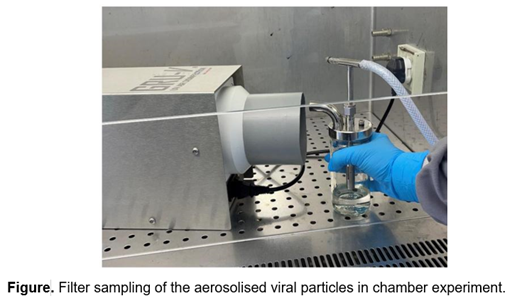Grant awarded: £124,000.00
Funder: Research Council, Innovate UK (RA) – Research, British Academy
Project Lead: Andrew Mitchell
As a rapidly growing and urbanised economy, the number of vehicles in India is expanding exponentially, and due to the reliance of these vehicles on fossil fuels, the local road transport sector contributes a significant percentage of the vehicular pollution and carbon dioxide and related emissions that make most of India’s cities among the most smog-laden globally. However, many of India’s poorest rely on the use of high emitting vehicles for making their livelihoods, so while the call to decarbonise the transport sector in India is an urgent policy priority, it is nevertheless fraught with complex tensions and challenges at both local and national scales.
To further our understanding of the multiple challenges involved in facilitating a just transition in the decarbonisation of the Delhi road transport sector, a British Academy research grant supported researchers from IESD at DMU in partnership with colleagues at the TERI School of Advanced Studies in New Delhi to conduct a rapid academic and policy review to explore the issues involved in designing and implementing such a policy.
The research grant supported four key objectives, these being: To explore and map the understanding/ perception/ expectation of just transition by different stakeholders (e.g., policy makers, employees, communities, businesses,
service providers, users and beneficiaries etc.) in relation to decarbonisation of the transport sector in India; To evaluate the impacts of a just transition from a socio-economic and environmental perspective using Delhi as a case study;
To suggest just transition options for decarbonisation pathways in the transport sector in the country, which is inclusive, sustainable and futuristic (considering the growth of the transport sector in future); and, To undertake
a Developmental Evaluation of learnings from the research for strategic deployment of lessons to future work.
The study adopted a mixed methodology, including a detailed review of the academic, policy and grey literatures, as well as key informant interviews, a stakeholders’ engagement workshop and a structured survey involving wide range of stakeholders.
Although this project has not yet concluded, initial findings are that from a just transition perspective, employment and livelihood considerations are a major dimension of any such transition. However, coal is a significant component
of India’s national energy mix, and a potent political influence in part due to being a major employer of Indian workers, so decarbonisation already poses a critical threat to the country’s existing economic and energy security infrastructure.
Additionally, a switch to electrification of vehicles poses its own challenges, not least due to battery and rare earth minerals imports, infrastructure, as well as purchase costs and the additional burden this places on people and their
livelihoods.
Finally, the analyses carried out to date endorse an incremental rather than radical approach to a decarbonisation agenda, and this has been articulated by key stakeholders as reflecting a three phased Reduction, Shift, and Improvement protocol. Reduction refers to the policy process change of reducing current emissions by integrating cleaner transport solutions, shift implied transitioning to wider modes of clean transportation, focusing on both reducing private vehicular pollution, and improving public transport penetration, and finally informing improved technologies by focusing in developing integrated technological solutions.
A further consideration in an emphasis on a just transition requires that special consideration is given to the different needs, challenges and opportunities found between those urban populations and their more rural and peri-urban
counterparts, as it is becoming clearer that there cannot be a one-size-fits all transition process that is both meaningful and just.
The DMU project team comprises Prof Subhes Bhattacharyya, Dr Andrew Mitchell, and two PhD research candidates Daniel Kerr and John Rowlatt, and the TERI SAS team is made up of Dr Gopal K Sarangi, Dr Sukanya Das, and research assistants Nupur Ahuja, Nehal Gautam, and Naman Agarwal. The project is funded for five months and concluded in March 2022.






